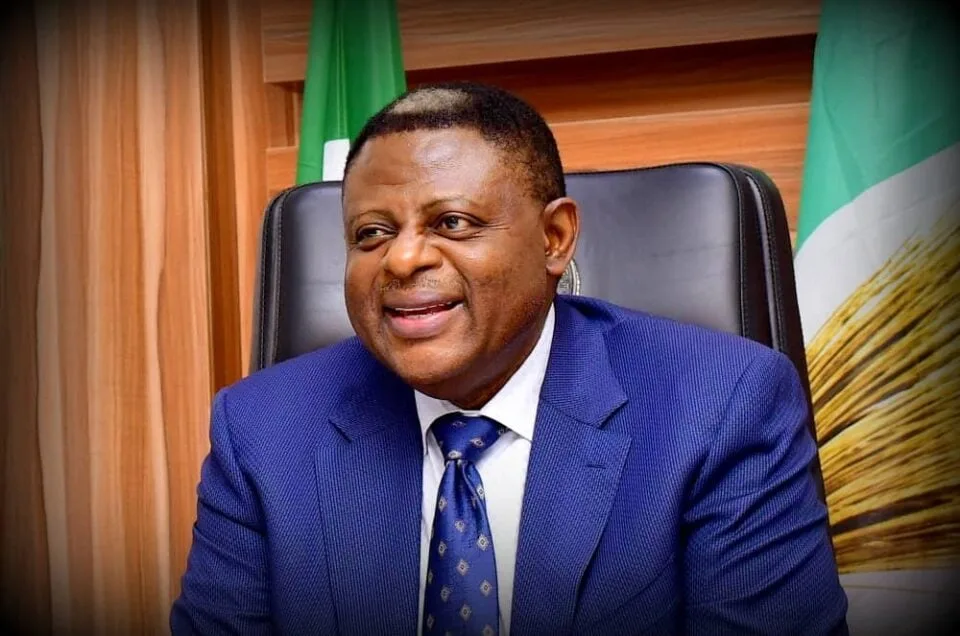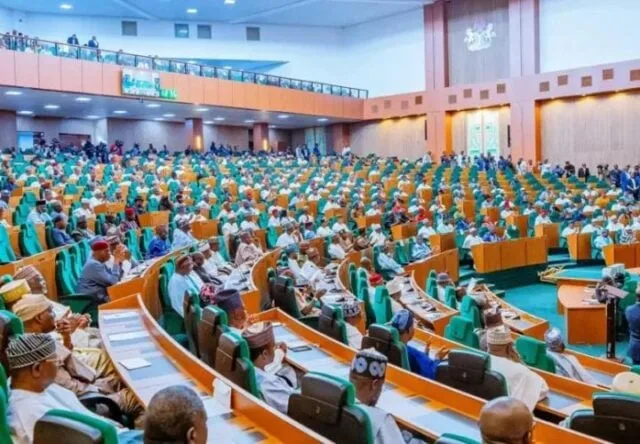Former Nigerian Ambassador to Germany, Prof. Akinjide Osuntokun, has urged the Federal Government to restructure the country by replacing the current 36-state system with viable regional zones to enhance national unity and efficient governance.
Osuntokun made this call on Tuesday in Lagos during the inaugural memorial lecture in honour of his late brother, former Regional Minister Oduola Osuntokun.
According to him, restructuring Nigeria into cultural and historically aligned zones would promote harmony and dismantle what he described as the “colonial-era North-South divide.”
“These suggestions are rooted in cultural consanguinity and open to negotiation, but they will remove the Berlin Wall dividing Nigeria into North and South. The current notion of North and South is a colonial imposition, and we must break away from it once and for all,” Osuntokun said.
He proposed a modified zonal arrangement, recommending that the South-West zone be expanded to include Kwara (up to Jebba) and the Kabba and Igala regions of Kogi State, while the South-East should encompass Akwa Ibom, Cross River, Rivers State, and Idoma-speaking parts of Benue.
A newly created South-Central zone, he suggested, would consist of Edo, Delta, Bayelsa, and Ebira-speaking parts of Kogi.
For the North, he proposed that:
- The North-Central should include Niger, Kaduna, Nasarawa, Plateau, and Tiv areas of Benue.
- The North-West would merge Kano, Jigawa, Katsina, Zamfara, Kebbi, and Sokoto.
- The North-East would comprise Yobe, Gombe, Bauchi, Adamawa, Taraba, and Borno.
Osuntokun further advocated a six-region federal system with a parliamentary democracy, where senators would be elected by state legislators, and governance would prioritise merit-based appointments.
He cited India as an example of a country that has progressed through meritocracy, stressing that Nigeria must adopt a similar model to ensure equitable representation.
Additionally, he recommended one-year compulsory national service for all graduates—male and female—in the military or uniformed services, as part of efforts to foster patriotism and national cohesion.
“This is the skeleton of the constitutional organogram I am recommending to ensure stability and a safe landing when we run into turbulence,” Osuntokun concluded.





